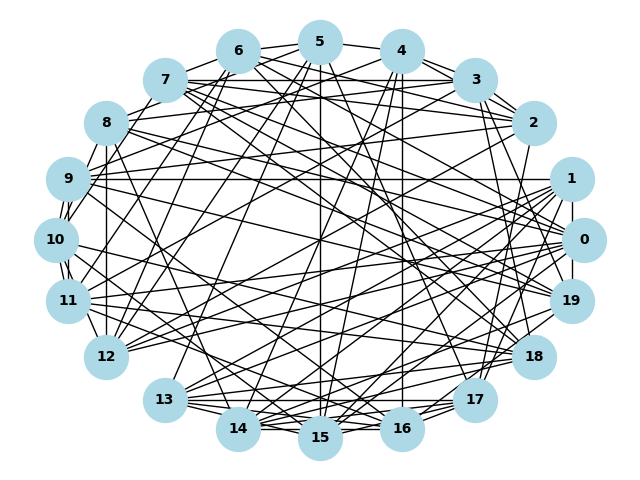One - One Languages
- 10 Apr 2025
One - One Languages
Communication
As a Multilinguistic person ( Polyglot for the Grammatically oriented people :-) although, we can argue forever about what criteria makes a polyglot ), I have always found it interesting how thoughts and ideas change when switching between languages. Discussing the same topics in my mother tongue ( Tamil ) makes conversations so much deeper as compared to the same topics in a different language. So naturally Whenever I see someone who I know speaks one of the languages I know, I switch to that language. Recently I have also been learning to speak Hindi, which I have known how to read and write for a long time but never learnt how to speak and Spanish, which I can make the most basic sentences with. This means in a medium sized group of people I am speaking in atleast 3 languages at once.
Interestingly not all of the group can speak and understand all of the 3 languages. This means, whenever I want to convey something only for someone’s ears, I switch to a specific language. This got me thinking, If every single person had their unique language for one-one conversations with each other, is that the closest we can get to telepathic communication ( I bet no one saw this coming ). From now on I will refer to these person specific unique languages as one-one languages.
This raises a few implementation problems:
- On average a person will have 4 - 7 friends ( Friends I have considered people you would want to share information in secrecy with. The count comes from my own experience and is an assumption. Let’s consider the average number as 5). This will mean learning that many number of languages for each person in your close group. Each language would then need to have it’s own Syntax, it’s own words and grammar along with pronunciation. With the world population currently at 8.2 Billion and on average 5 languages per person, we can represent this as a regular graph with 5 edges each. This means there will be,
( 8.2 x 5 ) / 2 = 20.5 million languages ( divide by two to account for undirected graph ), which is 2.5 times more languages for each person on earth

- This sounds hugely impractical but hypothetically, if developed from a young age, it is possible to learn 5 languages ( assuming coming up with the language takes no time and practicing the language is the same as any other language )
- Next comes the question of phones ( oh so lovely phones ). With end to end encryption and communication channels accesseble anywhere, anyone can speak with anyone anywhere across the globe. Is there a need for one-one languages? Are we all already communicating Telepathically? Any sort of work can be co-ordinated over phones, and literally any sort of experiences can be shared across. In my opinion, in-person interactions are what make us human and reveals more about every persons intentions. Anyone you call a close friend, you would have interacted in person for a significant amount of time and gotten to know more about their actions and quirks
- From a Cultural perspective, having such a variety of languages would lead to a significant drop in efficiency of communication among humans and may lead to civilizational collapse, although secrets will be well kept. A few interesting thoughts to explore are - How would these different languages evolve for a person? Would all languages a person learns be similar to other languages they know? How would a particular dialect propagate through the network and would we end up with very similar regional languages with minor changes in syntax? Would the first language learnt by the person define the other languages that are developed?
- Humans are very good at picking up minute facial expressions and mannerisms. The more time you spend with a person, the more we learn about their expressions and their manners. Two people who know each other for a long time can essentially communicate with cues, which others won’t be able to pick up on.
- From the first analysis, we assume that there are only one-one secrets. The calculation changes if we consider every subgroup that is possible. That will create a hypergraph out of the 8.2 Billion people each of which will have 2^5 = 32 subgroups. Which is 262.4 Billion languages. That creates even more of a fracture within the Human population.
In conclusion, with technology we are already communicating with people from anywhere without anyone ever being able to listen in. We are alse extremely good at identifying physical and facial cues of people. We don’t really need new languages for every person we meet, but knowing and learning different languages makes the human experience more exciting.